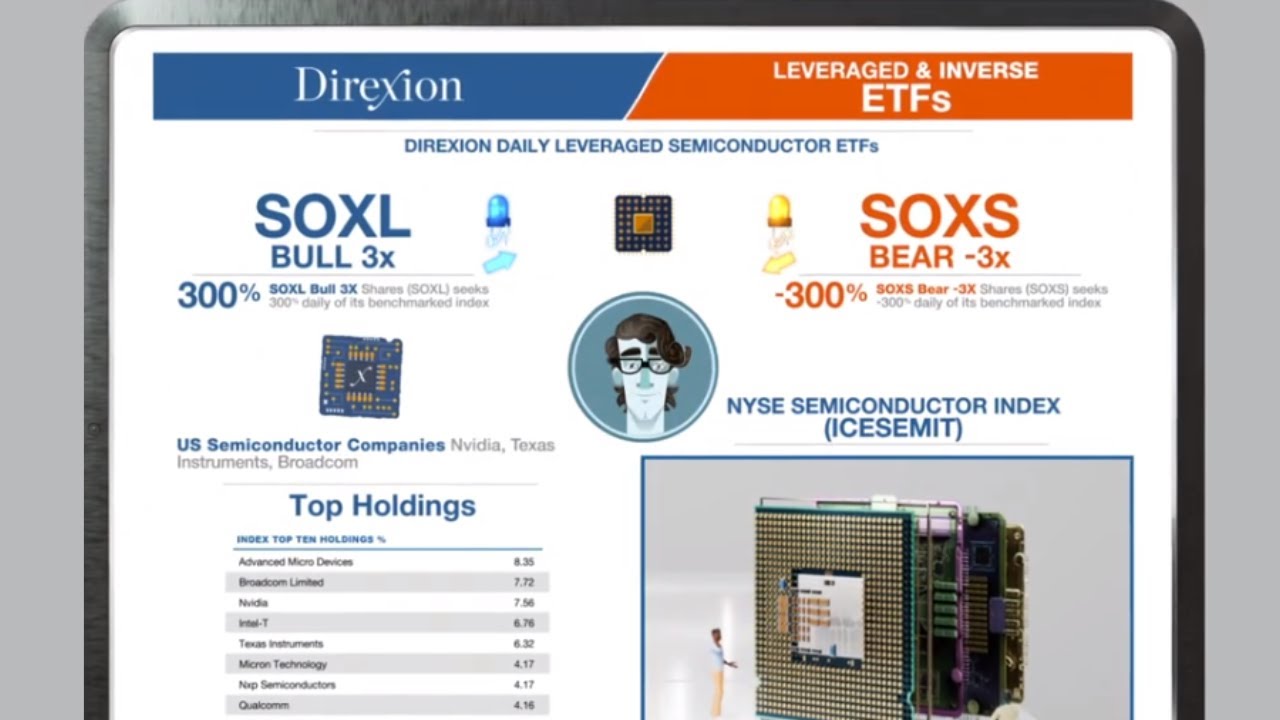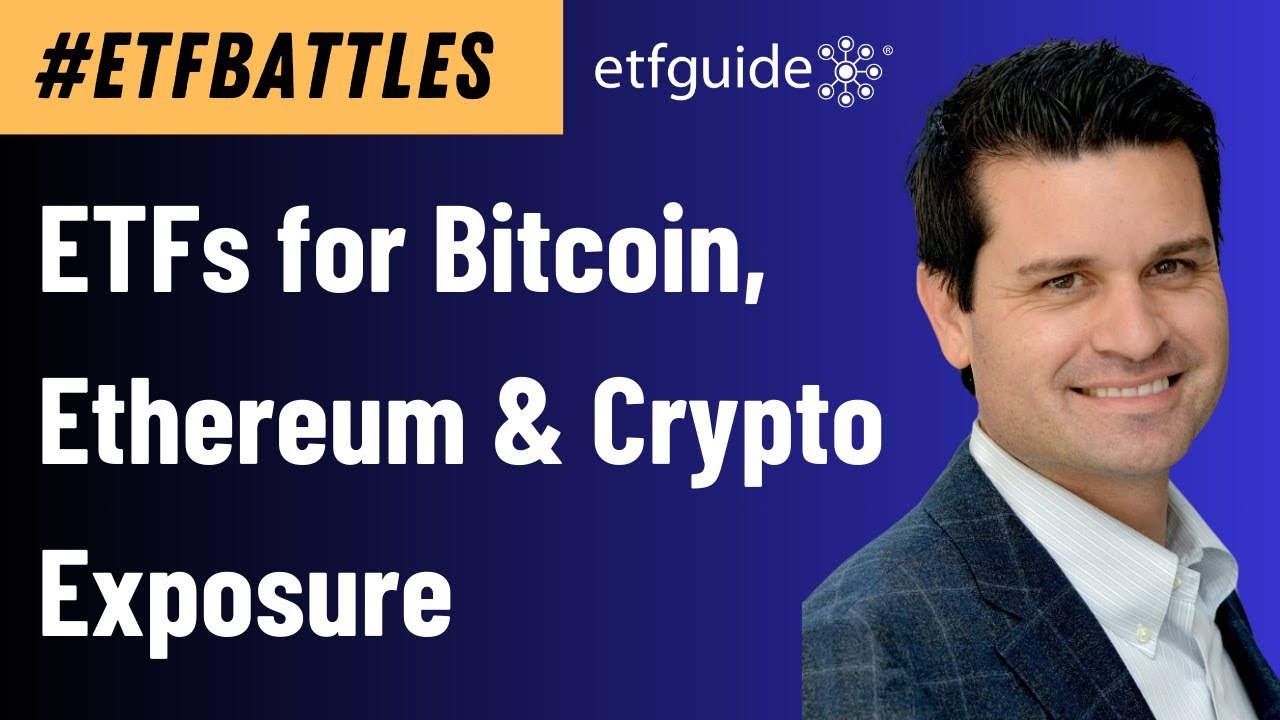Having a six or seven figure sized investment portfolio doesn’t automatically make it smart. Such is the case with a $725,000 investment portfolio that I recently graded.
An investment Portfolio Report Card request was made to me by a mid-40s software engineer who described himself as an “aggressive investor.” Software is a pretty aggressive business and I’ve seen these types of portfolios before. Basically, the portfolio is a reflection of how the person manages their business career rather than being a reflection of who they are as an investor. Needless to say, it’s the exact opposite of a match made in heaven.
The Overconcentration Syndrome
People are always told to invest in what they know, which is a perfectly unacceptable excuse for overdosing on too much of the same types of over familiar investments. Can you guess what type of investments a software engineer might buy? Bingo, if you guessed “technology stocks.”
Granted, technology hasn’t been a bad place to invest over the past few years. Since 2009, S&P 500 technology stocks (NYSEARCA:XLK) have gained around 119%, beating the S&P 500’s (NYSEARCA:VOO) 114% gain.
The problem is the bulk of money in the $725,000 portfolio I graded was heavily overconcentrated in technology. It held two mutual funds, two ETFs, and 16 individual stocks. The owner was sure that his investments were fully diversified because two of the funds – the Nasdaq-100 ETF (NasdaqGM:QQQ) and the Technology Sector SPDR ETF (NYSEARCA:XLK) – each hold various types of tech stocks.
From a correlation angle, both QQQ and XLK behave and perform so similarly it makes zero sense to own both funds in the same portfolio at the same time. On top of that, some of the 16 stocks held within the portfolio like Oracle and Salesforce.com (NYSE:CRM) are duplicate holdings within QQQ and XLK.
Risk that Conforms
Constructing a portfolio that neither exceeds nor undershoots an investor’s risk capacity is like finding a $30 million Henri Matisse painting for $50 at a swap meet. It’s rare. But for investors, it’s absolutely necessary.
Still, a $725,000 committed exclusively to technology stocks, isn’t going to pass my Portfolio Report Card by totally missing exposure to major asset classes like global real estate (NYSEARCA:RWO), commodities (NYSEARCA:DBC), and emerging markets (NYSEARCA:VWO).
The final grade for this software engineer’s Portfolio Report Card was “D.”
On a positive note, he’s already made some portfolio adjustments and dialed down the risk. Not only is he better off, but he’s back on track to reaching his financial goals.
What’s wrong with your investment portfolio? Ron DeLegge’s Portfolio Report Card will tell you. And if your portfolio is smart enough to score an “A,” you’ll get $100. It’s Ron’s way of rewarding well-built investment portfolios.
Follow us on Twitter @ ETFguide



